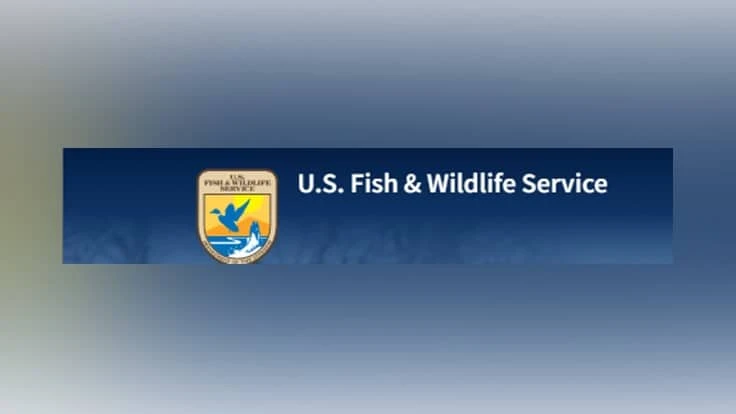
BILLINGS, Mont. — As reported by the Associated Press, U.S. wildlife officials have reversed their previous finding that malathion could jeopardize dozens of plants and animals with extinction, after receiving pledges from chemical manufacturers that they will change product labels for malathion so that it’s used more carefully by gardeners, farmers and other consumers.
Federal rules for malathion are under review in response to longstanding concerns that the pesticide also kills many rare plants and animals. A draft finding from the U.S. Fish and Wildlife Service last April said malathion could threaten 78 imperiled species with extinction and cause lesser harm to many more. The Associated Press reported that after a review of documents it found that “wildlife officials reversed their position on the 78 species in a Feb. 28 biological opinion following talks among malathion manufacturers, officials from the wildlife service and the Environmental Protection Agency.”
AP reported that wildlife service officials now say malathion could cause limited harm to hundreds of species, but is unlikely to jeopardize any of them with extinction as long as labels that dictate its use are changed. Their conclusion depends on farmers, gardeners and other consumers abiding by the instructions on where and when to use the pesticide.
The manufacturers agreed to use labels that provide extensive guidelines on when and where malathion should be used to avoid killing wildlife. For example, the labels would say not to spray malathion to kill mosquitoes during the middle of the day, when bees and some other insects are more active and thus more likely to be inadvertently killed. Read the entire AP story.
Source: Associated Press
Latest from Pest Control Technology
- PCOs Benefit from Putting Distracted Driving Policies in Place
- Photos of Last Summer's Dual Cicada Emergence
- ohDEER Expands to Midwest with First Female Franchisees
- Grow with TAP Today
- USDA Confirms Bird Flu Detected in Rats in Riverside
- Health Risks From Rodent Work
- Pest Stop Announces New Ownership
- Researchers Identify New 'Family Tree' of Termites





